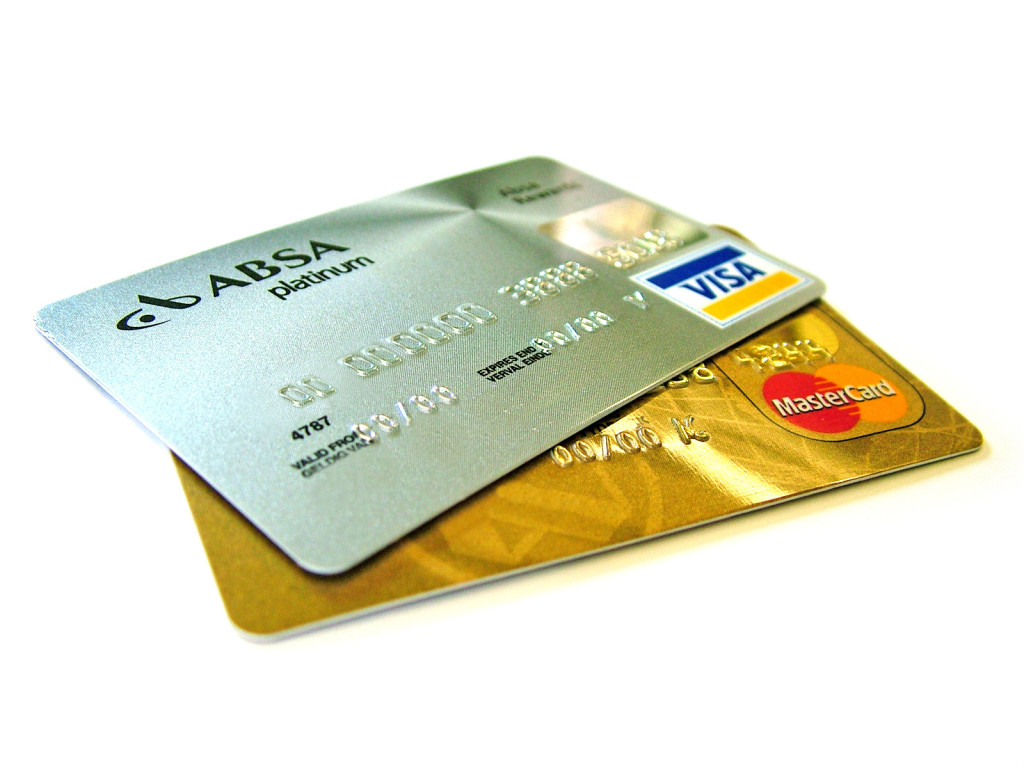 Bankruptcies can arise out of any number of personal or professional circumstances that can place immense stress on your life and outlook for the future.
Bankruptcies can arise out of any number of personal or professional circumstances that can place immense stress on your life and outlook for the future.
While bankruptcy is certainly an option that has given many people the opportunity to relieve themselves of the debt dragging them down, the decision to file for bankruptcy in Beloit, or anywhere else in Wisconsin is not one to take lightly.
Determining whether bankruptcy is the best option moving forward depends on a few key factors you should consider in depth.
To assess your specific situation in order to see if bankruptcy is the best way to move forward, ask yourself the following questions to help you weigh your options and measure the risks of tackling your debt another way.
1. Am I addressing the core of my financial problems?
For many people as well as businesses big and small, bankruptcy can seem like a cure-all solution when financial stability deteriorates into mounting debts.
Bankruptcies, by themselves, only represent an immediate solution. What it can’t do is address the problems that put you in debt in the first place. Sometimes the problem is unexpected and immediate such as a quickly sinking business you’ve launched or unexpected medical bills that have ravaged your bank account.
Other times the problems arise from bad spending habits that simply spiral out of control or other problems that start in one place and develop into a huge financial loss.
If you find your debt to be a product of an underlying spending or money management issue, it’s important to make sure a plan is in place that will help you to correct the problem that put you in debt before moving forward with a bankruptcy.
2. What amount do I owe and whom do I owe it to?
Are you ignoring mail and telephone calls to avoid facing your debt problem? If so, it’s crucial to turn yourself around and get a clear picture of exactly how much money is involved and who you actually owe it to.
Get copies of any credit card statements, loan records, medical bills, auto or home loans, and any other debt information you can to discover not only how much you’re going to have to work with, but also what is dischargeable through a bankruptcy.
3. Do I know how I’ll have to adjust my budget during repayment?
When weighing bankruptcy options, it’s important to think of your future budgeting needs moving forward. Before filing, draw up a budget to show all of your current expenses month to month. Make sure to record every expense no matter how small it may seem.
Premium coffees before work every morning might actually add up to be a significant expense when combined over a longer period of time––just the kind of easily avoidable tax on your budget that needs to be identified and accounted for when looking to free up financial regular expenses from your budget.
4. How will this bankruptcy affect my credit?
Although it doesn’t always happen, bankruptcy can severely damage your credit, but the same is true when you let your bills go too long without being paid. Bankruptcy filings will remain on your credit history for 7 to 10 years depending on which type of bankruptcy you file for.
Depending on the details, your score could suffer up to 100 points, making it very difficult to get new credit in the years following the bankruptcy. Don’t lose hope though––it’s entirely possible to bounce back by establishing a good payment history over a period of time.
The bottom line here is simple: Bankruptcy continues to be an extremely helpful way for those who find themselves heading toward financial ruin to turn themselves around by dealing with debt head-on, however it’s equally important to make sure the underlying causes of your situation will be addressed separately so you don’t end up dealing with the situation again in the future.
In need an experienced divorce attorney in the Beloit area? Our team of experienced bankruptcy attorneys can help you find the best solution to fit your circumstances. Contact an experienced bankruptcy attorney in Beloit for a free consultation today.







